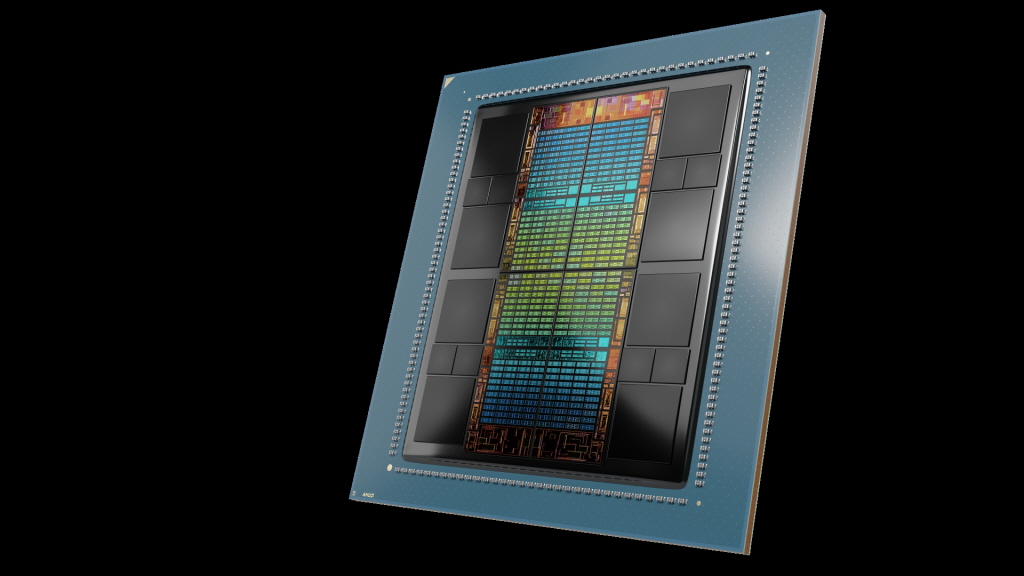AMD는 16일 제출한 SEC 보고서에서 이번 규제 강화로 약 8억달러에 달하는 재고, 구매 계약, 관련 예비비 손실이 예상된다고 밝혔다.
AMD 8억불 예비비 손실 예상
미국 정부가 AI 반도체 칩의 중국 및 일부 국가 수출에 대한 새로운 제한 규정을 발표하면서, AMD와 Nvidia가 크게 영향을 받고 있다. 이번 조치로 두 회사의 첨단 AI 칩들이 해당 지역으로 수출되지 못하게 됐고, 이는 기술력 우위를 유지하려는 미국의 노력과 맞물려 있다.
AMD는 16일 제출한 SEC 보고서에서 이번 규제 강화로 약 8억달러에 달하는 재고, 구매 계약, 관련 예비비 손실이 예상된다고 밝혔다.
보고서에서 AMD는 “회사는 새로운 라이센스 요구 사항의 초기 평가를 완료했으며, MI308 제품에도 적용된다”며 “라이센스를 신청할 예정이지만 승인될지는 확신할 수 없다”고 설명했다.
Nvidia 또한 Nvidia H20 칩이 새로운 규제 대상에 포함됨에 따라 55억달러에 달하는 대규모 손실을 보고할 예정이다. 두 회사 모두 미리 규제 조건을 충족하도록 설계된 AI GPU를 개발했지만, 백악관의 업데이트된 제한 규정에 따라 수출 허가 없이 이를 제공할 수 없는 상황에 처했다.
미 상무부는 로이터 통신을 통해 “대통령의 지시에 따라 국가 및 경제 안보를 보장하기 위한 조치”라며 이번 제한의 이유를 밝혔다.
이러한 제한은 중국 기업들이 AI 모델 훈련에 필요한 칩을 확보하기 어렵게 만들 것으로 예상된다.
반면에 이러한 제재와 규제는 전반적으로 그 효과가 제한적이라는 것이 입증되고 있다.
이미 Nvidia H200과 같은 제재 대상 칩들이 중국으로 밀수입되는 사례들이 보고되고 있으며, 말레이시아, 베트남, 대만 등 인접 국가를 통한 중개 무역이 활발히 이루어지고 있다.
싱가포르와 말레이시아 정부가 이러한 AI 칩의 누출을 줄이기 위한 움직임을 보이고 있지만, 여전히 중국 내 블랙 마켓 수요를 저지하는 데 얼마나 효과적일지는 불분명하다.
